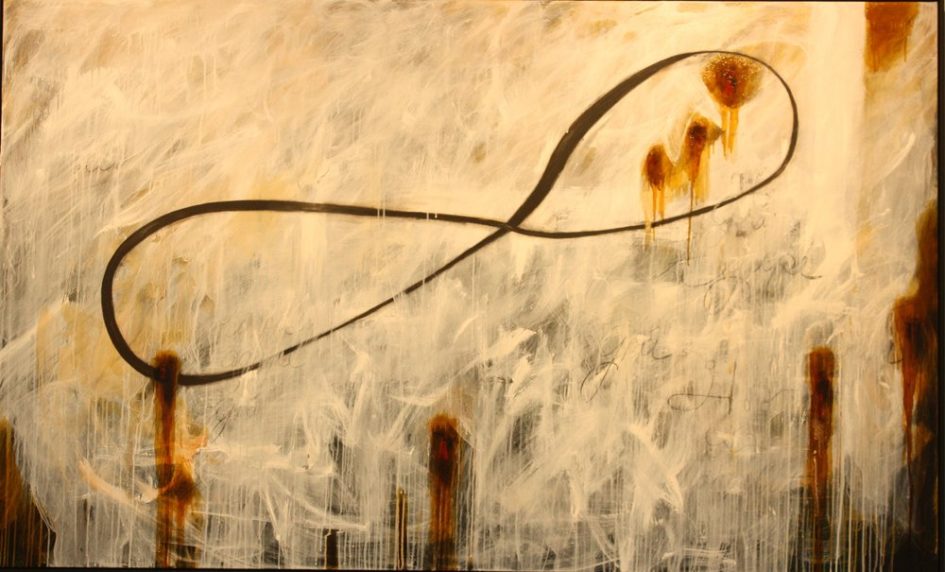We all grew up with the classic fairy tales and if not the Brothers Grimm shaped our childhood, then at least Disney did. The stories are well-known and always follow the same pattern. For the protagonists, the search for the great love is always based on an almost mathematical principle.
She, a hopeless romantic with rather worldly problems, annoys her vengeful adversary with simple innate beauty that is second to none. Rescue from this misery is never far away, the knight on the white steed follows closely. Divided by minor errors and confusion, she only has to wait for the adonis to acquire her love and bring the longed-for change of life. And if they did not die yet, they are still alive today.
Hollywood, with its endless repetitions of these stories, has done its part. Love and the dream of three words has become all too worldly.

The poetic idea of falling in love and living happily ever after has drifted into the realm of the profane and has lost much of its sacred excessiveness. Today, people express love for their parents, friends and family, sometimes with fierce fervor even for rock and pop stars. We can even go one step further. In the last 10 years, the proclamation of self-love, “me, myself and I, all in all I count“, has become so valuable that one might think one would be on the podium at the Olympic Games if one had made it into the heart of another. How can one measure oneself with this love for oneself that is constantly communicated to the outside world? Instagram, Facebook, YouTube – the means of self-reference have become the footnotes in our biographies. They are regarded as the source references of self-love. Testimonies that are put online for all to see.
In our western imagination we usually distinguish between three kinds of love: Agape, Eros and Caritas.
Agape represents selfless love, which some people feel towards God, towards their neighbors or even towards their enemies. In the experience of most of us, it will probably not find a place in the world like this. As homosexuals (sodomites) banished by God and Dante into the 7th circle of hell, we run forever without rest and quiet, while flakes of fire rain down on us. This should explain sufficiently why we probably seek our right to exist less with God.

Love of enemies? Well, there might be some truth to that. After all, as humans we love to create new enemy images again and again. You just turn on the news and are overwhelmed by the ever-changing evil. It is to be feared, however, that at this point we do not hear the wedding bells of the union with our enemy, but rather the bells of sheer fear of the unknown.
As for the love of one’s neighbor, the love of family and friends, the nut is already harder to crack. According to studies in various fields, we do not get beyond the magic limit of 150 individuals with whom we are in a closer acquaintance status. This would take the majority of our Facebook “friends” off the table, but it brings us straight to the heart of the matter. Facebook’s choice of the term “friend” has managed to separate the significant from the signifier. In colloquial terms, we have completely lost sight of what we still refer to as “friend”. The human gaze is so traceable due to the lack of melanin; the iris is surrounded by a white vitreous body and constantly reveals the direction of its gaze, unlike most animals. According to some, the eyes are even the mirror of our soul and make us part of the social being which we are. Bregman believes that the loss of goodness in human beings can be explained by the fact that we have literally lost sight of ourselves. Simply put, this means the following: If I can’t see into your soul, how can I trust you?

That should narrow down the other 150. The terms friends and family have blurred their boundaries. Particularly among homosexuals, a family of choice, made up of friends, is a tribe and a family. The above can therefore also be applied to the family. We guarantee to feel a form of love for all of them, which is emphasized again and again through constant repetition of traditional phrases. (I am writing this now only to not be understood as a cynic, it is as the proverbial cum grano salis). But if this love were the emotional hurricane we are looking for, we would probably violate the law of monogamy.
continues in part II


Leave a Reply